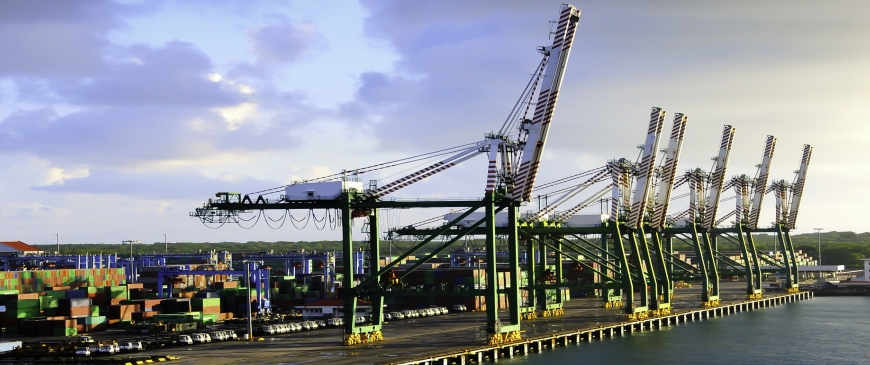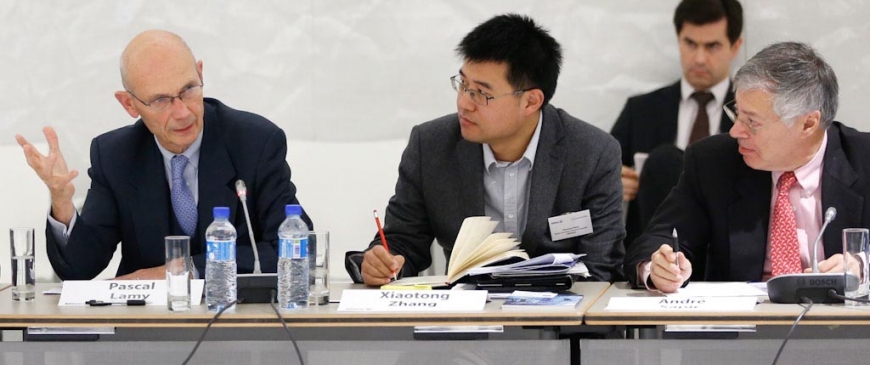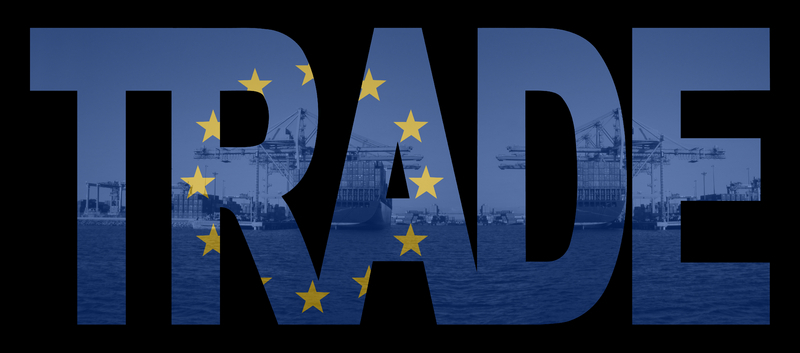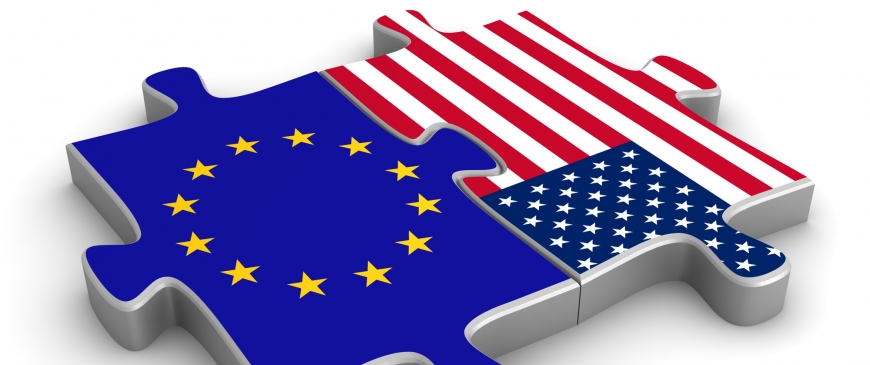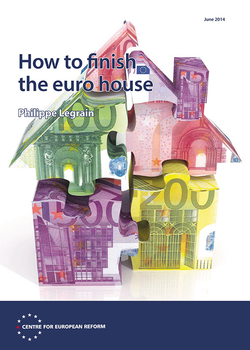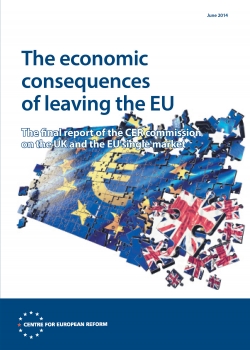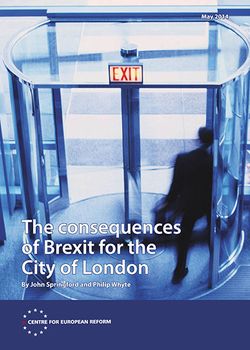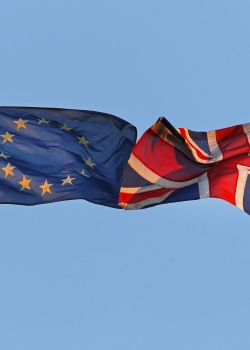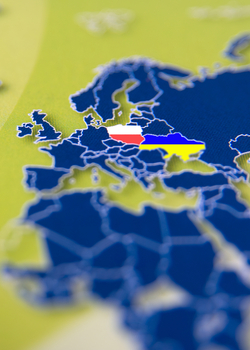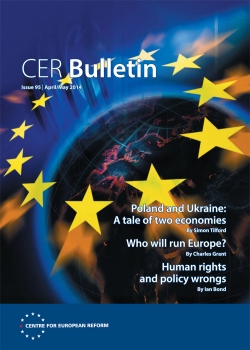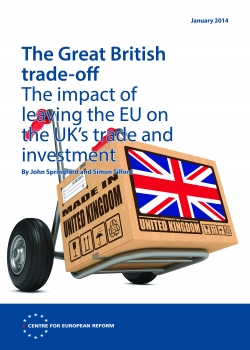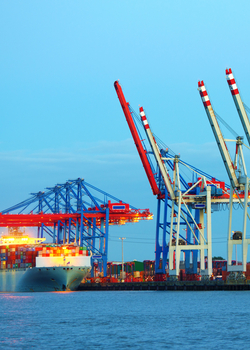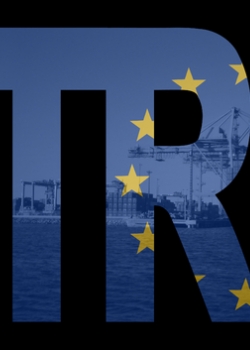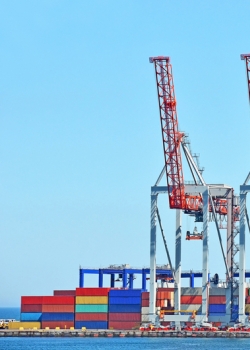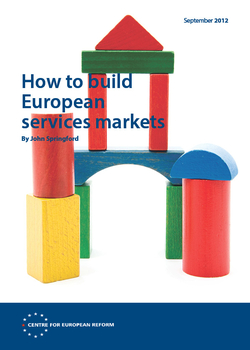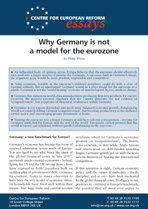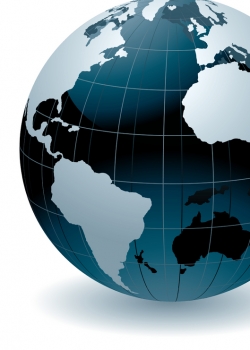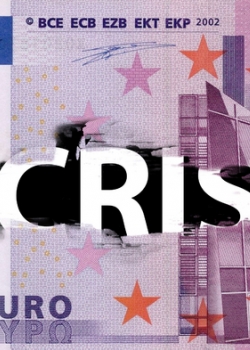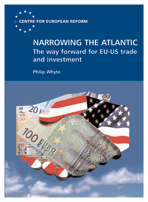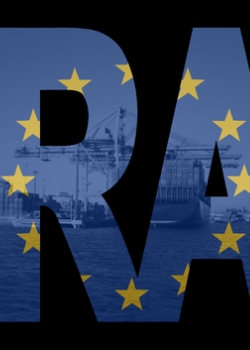Trade policy
How to finish the euro house
17 June 2014
Eurozone governance is politically unsustainable: its rules and institutions favour creditor over debtor countries. Eurozone policy-makers need to change direction before it is too late.
The economic consequences of leaving the EU
09 June 2014
A group of experts finds that, after leaving the EU, the UK would face an invidious choice: sign up to the single market’s rules, or suffer economic damage.In April 2016 an updated version of the report The economic consequences of leaving the EU: The final report of the CER commission on Brexit 2016 was published.
The consequences of Brexit for the City of London
08 May 2014
If Britain leaves the EU, the City of London will lose access to European markets – unless the UK aligns its financial rules with those of the EU.
Why a British exit is not inevitable
17 April 2014
Lord Ashcroft’s polling shows that pro-Europeans can win an in/out referendum. But what are the best arguments to use in such a campaign?
Poland and Ukraine: A tale of two economies
31 March 2014
The EU finally needs to fulfil its moral obligation to Ukraine: to treat it like any other sovereign country trying to escape Russia's grasp.
Issue 95 - 2014
31 March 2014
- Poland and Ukraine: A tale of two economies, Simon Tilford
- Who will run Europe?, Charles Grant
- Human rights and policy wrongs, Ian Bond
The Great British trade-off: The impact of leaving the EU on the UK's trade and investment
20 January 2014
Eurosceptics think Britain can leave the EU and still have access to its markets. But to do so, Britain will have to sign up to EU rules.
Why Germany’s trade surplus is bad for the eurozone
29 November 2013
In late October, the US singled out Germany as a threat to the global economy. The Treasury issued a report saying that Germany’s current account surplus – now around 7 per cent of GDP – imposes "a deflationary bias for the eurozone as well as for the world economy."
Europe's trade strategy: Promise or peril?
02 May 2013
TGAE report
Europe's growth strategy is based on a larger trade surplus with the rest of the world, to make up for slow domestic growth, as consumers are weighed down by debt.
Freeing the transatlantic economy – prospects, benefits and pitfalls
20 February 2013
The EU and the US would benefit from freeing up transatlantic commerce. To succeed, they must agree some rules of engagement and stick to them.
Eurozone slump derails Britain's economic strategy
28 January 2013
The British government's drive to rebalance the UK economy has foundered on falling exports to the EU; UK exports to the rest of the world are booming.
How to build European services markets
28 September 2012
European services markets are still overwhelmingly national. There are big economic gains to be made from opening them up.
Europe’s leaders are casting around for ways to improve the EU’s economic performance. In the long term, a more integrated single market for services could improve Europe’s weak productivity growth. The...
Europe’s leaders are casting around for ways to improve the EU’s economic performance. In the long term, a more integrated single market for services could improve Europe’s weak productivity growth. The...
Global trade imbalances threaten free trade
17 October 2011
The G20 needs a strategy to rebalance demand between the surplus and deficit economies if the world is to avoid a slide into protectionism.
Why Germany is not a model for the eurozone
22 October 2010
Many Europeans believe that confidence in the eurozone is best restored by turning the region into a larger version of present-day Germany. However, Germany is not the world-beating economy of current myth.
Whatever happened to the G20?
14 April 2010
George W Bush convened the first G20 summit in Washington in November 2008, at the height of the global financial and economic crisis. At two further summits in 2009, G20 leaders pledged to co-ordinate their economic stimulus packages (as well as exit strategies), avoid protectionism, address global imbalances, triple the resources of the IMF, and work out stricter rules for banks, hedge funds and other financial players.
Protectionism and the economic crisis: So far, so good?
01 June 2009
For much of the year, the spectre of the 1930s has loomed large over the global economy.
Narrowing the Atlantic: The way forward for EU-US trade and investment
29 April 2009
The financial crisis has provoked a dramatic contraction in world trade. With economic activity declining and job losses rising, protectionist pressures are mounting.
Options for EU trade policy
01 October 2008
In late July, the Doha round suffered its umpteenth setback, when ministers from the member-states of the World Trade Organisation (WTO) failed to agree on a package to liberalise world trade.
Issue 62 - 2008
26 September 2008
- How to handle the new Russia, Charles Grant
- Russia, China and the Georgia dimension, Bobo Lo
- Options for EU trade policy, Philip Whyte
A new European mercantilism?
01 August 2008
Europe’s economic liberals have had a successful ten years. There have been protectionist pressures throughout this period, of course.

